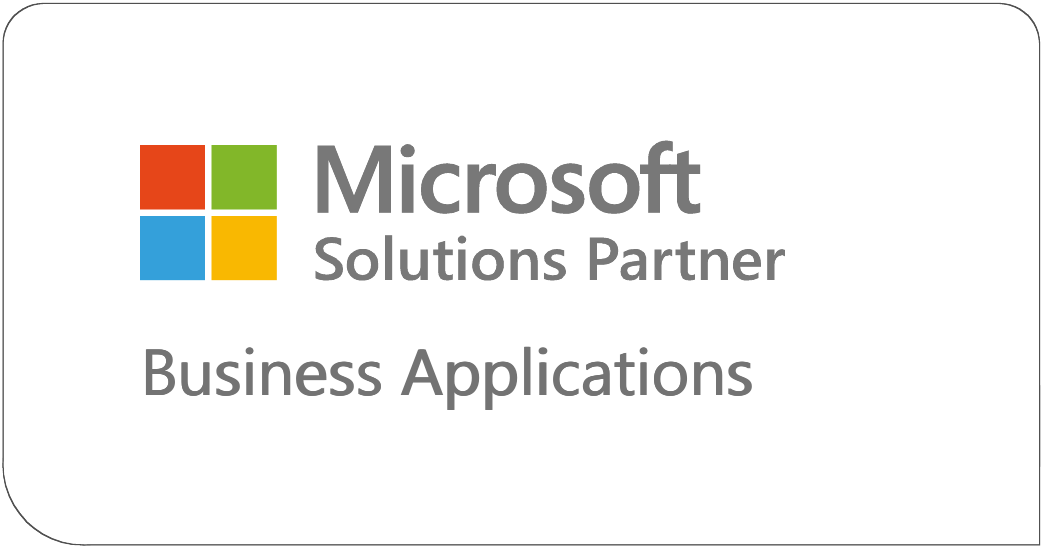| Mariyah Kulsoom
CRM stands for "Customer Relationship Management." It is a business strategy and set of practices that companies use to manage interactions with customers and potential customers. The goal of CRM is to improve the customer experience, increase customer satisfaction and loyalty, and ultimately drive sales and revenue growth.
A CRM system is a software application or platform that enables companies to track and manage customer interactions and information. This can include information about customer preferences, purchase history, support interactions, and other data that can help companies better understand and serve their customers.
A CRM system can be used by multiple departments within a company, including sales, marketing, and customer support. Sales teams can use a CRM system to manage leads, track sales opportunities, and manage the sales process. Marketing teams can use a CRM system to manage campaigns, track customer responses, and segment customer lists. Customer support teams can use a CRM system to track and manage customer issues and support interactions.
What Power Platform has to do with CRM?
The Microsoft Power Platform has a lot to do with customer relationship management (CRM) because it provides a set of tools that can be used to create custom CRM solutions tailored to specific business needs. Microsoft Dynamics 365 is Microsoft's CRM platform, and it is built on the Power Platform.
Power Apps, one of the components of the Power Platform, allows users to create custom business applications that can be used to manage customer data and interactions. For example, a Power App could be used to manage customer accounts, track sales leads, or process customer orders.
Power Automate, another component of the Power Platform, can be used to automate workflows related to customer interactions. For example, an automated workflow could be created to send a follow-up email to a customer after they make a purchase or to create a task for a sales rep to follow up on a new lead.
Power BI, yet another component of the Power Platform, can be used to analyze customer data and provide insights that can be used to improve the customer experience. For example, Power BI could be used to create visualizations of customer data, such as customer demographics, purchasing patterns, or customer service interactions.
In summary, the Power Platform provides a set of tools that can be used to create custom CRM solutions that are tailored to specific business needs. These solutions can help businesses to manage customer data, automate workflows, and gain insights that can be used to improve the customer experience.
Join us next time, as we continue our journey of learning canvas apps.Click here to learn more about Imperium's Power Apps Services. We hope this information was useful, and we look forward to sharing more insights into the Power Platform world.

